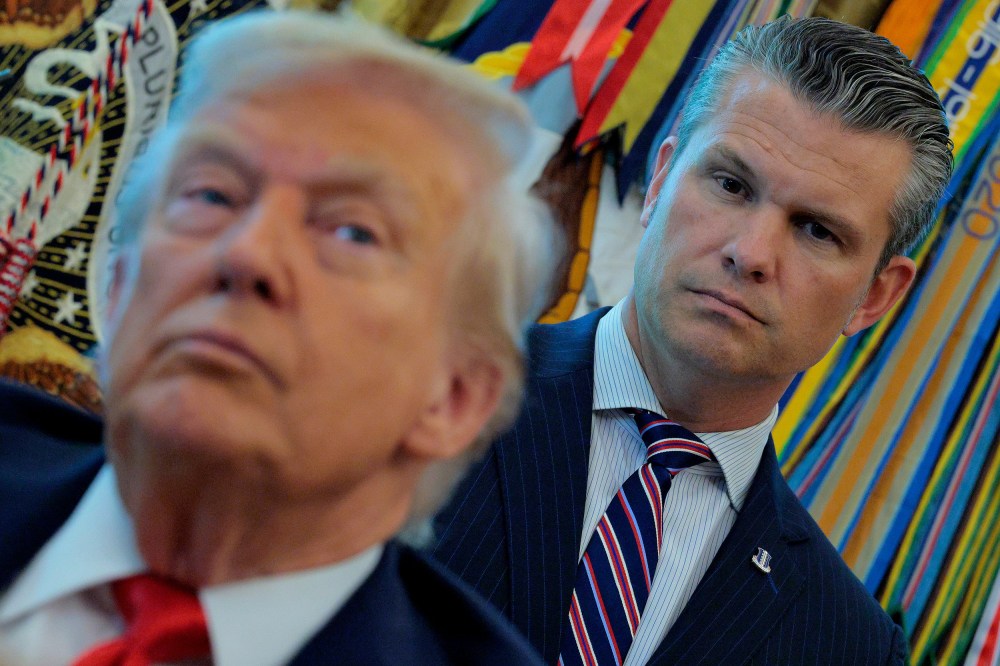Initially, the White House was content to target the Democratic military veterans who urged service members to reject illegal orders with vituperative rhetoric. Indeed, Donald Trump personally helped lead the charge, insisting that the Democratic veterans had engaged in “SEDITIOUS BEHAVIOR, punishable by DEATH!”
On Monday, however, the campaign took on a new dimension when Defense Secretary Pete Hegseth announced an investigation into Democratic Sen. Mark Kelly of Arizona, a decorated Navy veteran, with the Pentagon claiming in a statement that it had “received serious allegations of misconduct” against the lawmaker.
There may be “allegations,” but characterizing them as “serious” was a stretch. All Kelly did was remind service members to follow the law and the Uniform Code of Military Justice. (It led USA Today’s Rex Huppke to note in his latest column, “Telling people to obey the law is a crime in the Trump administration.”)
What’s more, the Defense Department’s statement warned that its investigation “may include recall to active duty for court-martial proceedings,” a point Hegseth reemphasized via social media on Tuesday morning in an unfortunate missive.
And that reminded me of a story.
Gen. Stanley McChrystal retired as a four-star general in 2010, following a lengthy and decorated military career. At that point, McChrystal was free to speak his mind as a private citizen, and he became tangentially involved in Democratic politics.
Four years later, Adm. William McRaven, perhaps best known to Americans as the Navy SEAL who oversaw the 2011 raid that killed Osama bin Laden, also retired after a similarly celebrated military career. He, too, became free to share his political perspective, and despite his conservative ideology, McRaven became one of the nation’s most eloquent Trump critics.
According to a book by former Defense Secretary Mark Esper, as Trump became aware of their attitudes, he privately condemned the men as “disloyal.” More to the point, the Republican president also said he said he wanted to court-martial McChrystal and McRaven because they said things about him that hurt his feelings.
In other words, in the president’s first term, he wanted to court-martial retired military heroes for saying things he didn’t like, and in his second term, Team Trump has raised the possibility of court-martialing another retired military hero for saying things Trump didn’t like.














